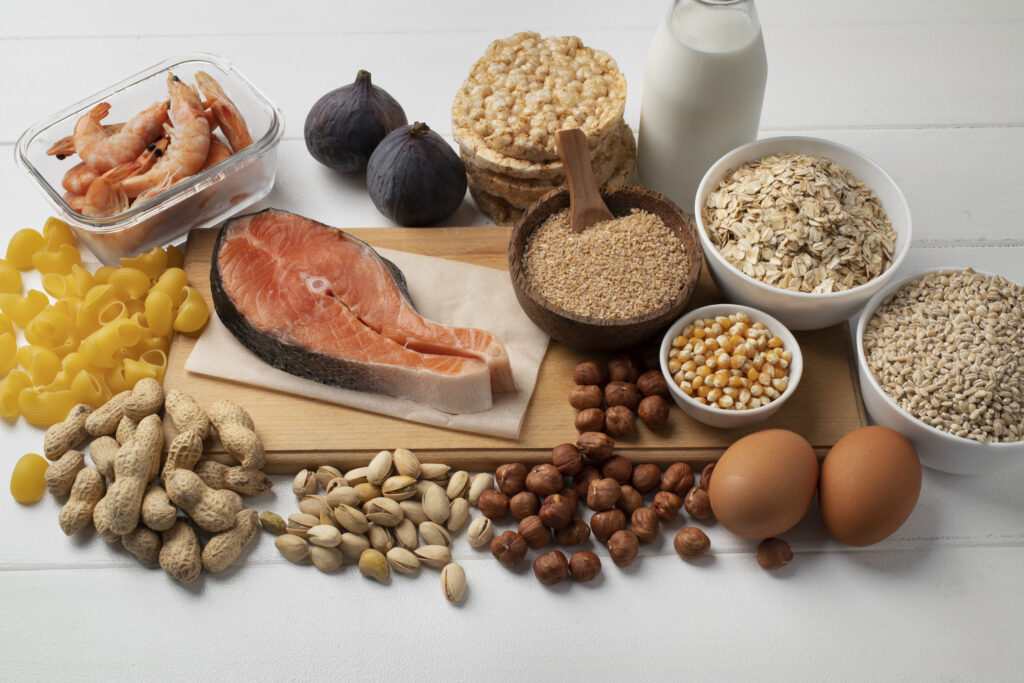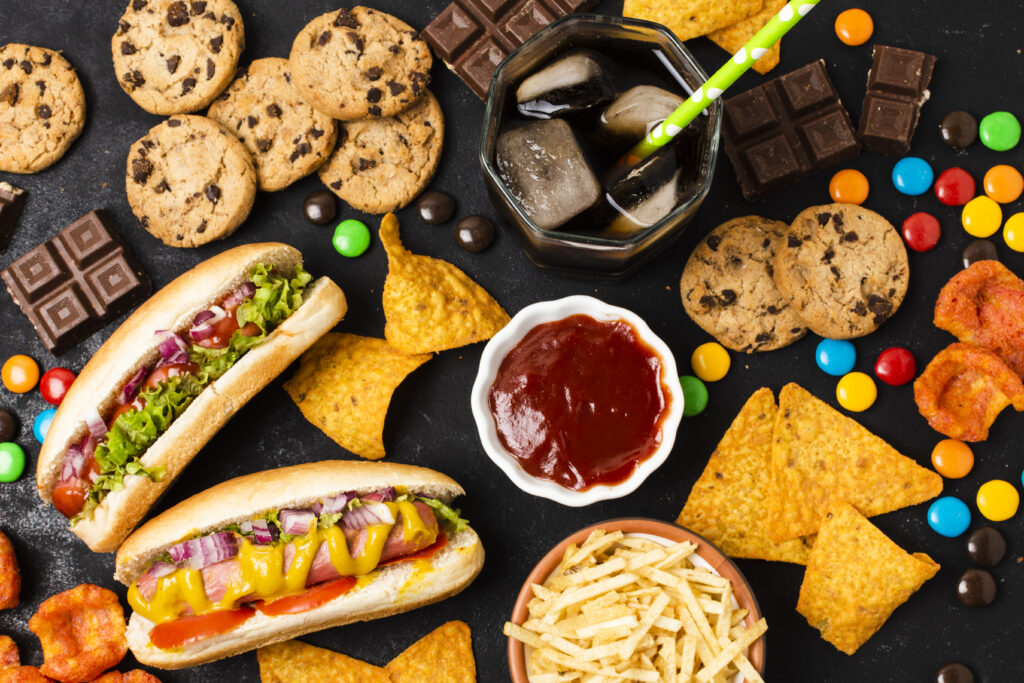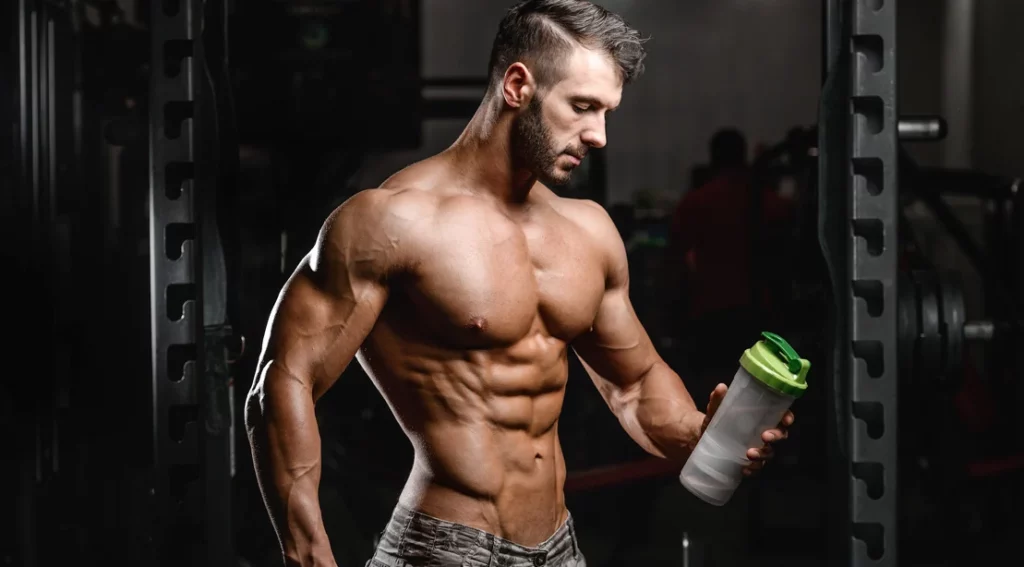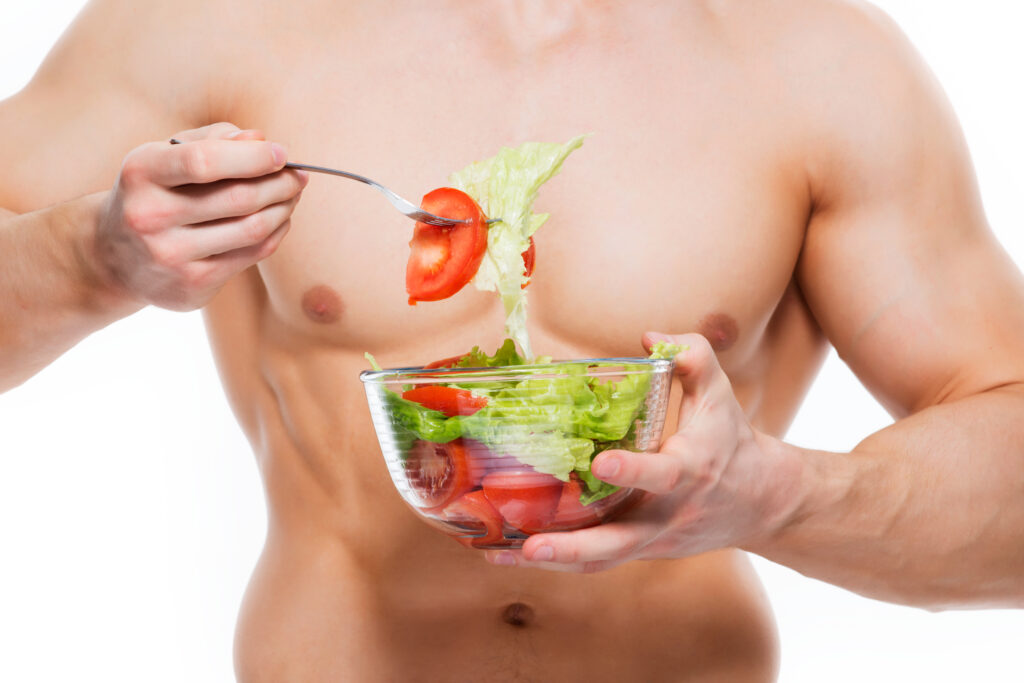Professional bodybuilders are the epitome of discipline and hard work. They push their bodies to the limit to achieve their maximum potential, and their diet plays a crucial role in this process. In this blog post, we will dive deep into the diets of professional bodybuilders and uncover tips and tricks for optimal performance. We will start by discussing the importance of professional bodybuilding diets and how they impact performance.
The Importance of Professional Bodybuilding Diets
Professional bodybuilding diets are critical to achieving success in bodybuilding competitions. They are carefully designed to optimize muscle growth while minimizing body fat, allowing athletes to showcase their best physique on stage. Here are some of the key reasons why professional bodybuilding diets are so important:
- Muscle Growth: Bodybuilding diets are designed to provide the necessary nutrients to fuel muscle growth. These diets typically involve high amounts of protein, which is essential for muscle repair and growth.
- Fat Loss: Professional bodybuilders need to maintain a low body fat percentage to showcase their muscular definition on stage. Bodybuilding diets are designed to reduce body fat while maintaining muscle mass.
- Energy: Competing in bodybuilding competitions requires a significant amount of energy. Bodybuilding diets are designed to provide the necessary fuel for intense workouts and to maintain energy levels throughout the day.
- Recovery: Professional bodybuilders need to recover quickly from intense training sessions to prevent muscle breakdown and promote muscle growth. Bodybuilding diets are designed to provide the necessary nutrients to facilitate recovery.
- Discipline: Following a professional bodybuilding diet requires a high level of discipline and dedication. It is a key component of the overall discipline required to excel in bodybuilding.
Professional bodybuilding diets are critical to achieving success in bodybuilding competitions. They provide the necessary nutrients for muscle growth, fat loss, energy, recovery, and discipline. By following a carefully designed bodybuilding diet, athletes can optimize their physique and showcase their best on stage.
Understanding Macronutrients and Calories
Professional bodybuilders know that understanding macronutrients and calories is crucial for optimal performance.
- Macronutrients provide the necessary building blocks for muscle growth and fuel the body for intense workouts. Bodybuilders typically consume a high amount of protein to support muscle growth, while carbohydrates provide energy to sustain them through long hours of training. Healthy fats are also important for overall health and hormone production.
- Calculating and tracking daily caloric intake is vital to achieving desired results. Balancing macronutrient ratios based on individual goals and body type is key for optimal performance.
This approach ensures that the right amount of nutrients is consumed in the right proportions, leading to better muscle growth, strength, and stamina. Bodybuilders should consult with a nutritionist or dietitian to create an eating plan that works best for their specific needs.
Foods to Include in a Professional Bodybuilding Diet
A professional bodybuilding diets were focused on maximizing muscle growth, repair and maintaining optimal health. High protein foods such as lean meat, eggs and dairy products are a must for bodybuilders. These foods provide the necessary amino acids that help with muscle growth and repair. Complex carbohydrates such as whole grains, fruits and vegetables are also an essential part of the diet. They provide sustained energy for intense workouts, keeping up the energy levels throughout the day.

#Protein-Rich Foods
Protein is a crucial nutrient for professional bodybuilders as it helps in building and repairing muscles. When planning a bodybuilding diet, protein-rich foods should be a top priority. Foods such as:
- Lean meats
- Fish
- Eggs
- Dairy products are excellent sources of protein and can be easily incorporated into any meal. For those following a vegetarian or vegan diet, plant-based sources of protein such as beans, legumes, nuts, and seeds can also be included in the diet.
It’s important to consume enough protein throughout the day to support muscle growth and recovery.
This means including protein with every meal and snack. Protein supplements such as whey or casein can also help meet daily protein requirements. Overall, including a variety of protein-rich foods in a professional bodybuilding diets is essential for optimal performance and achieving fitness goals.
#Carbohydrate-Rich Foods
Carbohydrates are a crucial component of a professional bodybuilder’s diet, as they provide the energy necessary for intense workouts. Healthy sources of carbohydrates include whole grains, fruits, and vegetables. Bodybuilders should aim to consume complex carbohydrates, such as those found in brown rice and quinoa, rather than simple sugars.
- Grains: Bread, pasta, rice, oats, quinoa, and other grains are high in carbohydrates.
- Fruits: Most fruits are high in carbohydrates, including bananas, apples, oranges, berries, and grapes.
- Vegetables: Starchy vegetables like potatoes, sweet potatoes, corn, and peas are high in carbohydrates, as well as non-starchy vegetables like carrots, beets, and winter squash.
- Legumes: Beans, lentils, and peas are high in carbohydrates and also provide protein and fiber.
The amount of carbohydrates needed varies based on an individual’s training goals and needs. Timing of carbohydrate intake can also affect performance; many bodybuilders choose to consume carbs before and after workouts to fuel their bodies and aid in recovery. By including carbohydrate-rich foods in their diets, bodybuilders can ensure that they have the necessary energy to power through their workouts and achieve optimal performance.
#Healthy Fats
Healthy fats are an important component of a professional bodybuilder’s diet. Foods like avocados, nuts, and olive oil are rich in monounsaturated and polyunsaturated fats that aid in muscle recovery and growth. In addition to their benefits for muscle development, including healthy fats in your diet can also improve hormone production and joint health.
Foods to Avoid for Optimal Performance

#Processed Foods and Sugary Drinks
For optimal performance, bodybuilders should avoid processed foods and sugary drinks. These types of foods can lead to inflammation, insulin resistance, and other health problems that can negatively impact athletic performance. Highly processed foods can also lack the essential nutrients needed for muscle growth and repair.
#High-Fat Foods
For optimal performance, professional bodybuilders should avoid high-fat foods. These can slow down digestion and make you feel sluggish, which can negatively impact your performance. Foods high in saturated fats, such as fried foods and processed meats, should be avoided.
There are some foods that may hinder optimal performance, including:
- High sugar and processed foods: These foods can cause spikes in blood sugar, leading to crashes in energy levels and decreased cognitive function.
- High-fat meals: Consuming a high-fat meal before physical activity can cause gastrointestinal distress and make it harder to perform at your best.
- Alcohol: Alcohol can impair coordination, balance, and reaction time, making it dangerous to perform physical activities that require precision and coordination.
- Heavy meals: Eating a large meal before a physical activity can lead to feelings of sluggishness and discomfort.
- Caffeine: While caffeine can provide a temporary boost in energy, too much of it can cause jitters and anxiety, leading to decreased performance.
It’s important to note that everyone’s body is different, and some foods that may hinder performance for one person may not affect another. It’s best to experiment and find out what works best for your individual needs and goals. A balanced and varied diet that includes whole foods is generally recommended for optimal performance.
Importance of Staying Hydrated
When it comes to achieving optimal performance as a bodybuilder, staying hydrated is crucial. Not only does proper hydration help to avoid muscle cramps, but it also aids in muscle recovery after workouts. While drinking water is the most obvious way to stay hydrated, consuming fruits and vegetables with high water content can also be beneficial.
For intense workouts, electrolyte drinks can be useful as they replace the electrolytes lost through sweat. However, it’s important to avoid sugary drinks and opt for natural sources of hydration to maintain a healthy professional bodybuilding diets. Overall, staying properly hydrated is an essential part of any bodybuilding regimen and should not be overlooked.
Supplementation for Professional Bodybuilders

Professional bodybuilders require a well-rounded nutrition plan to support their intense training regimen and achieve optimal performance. While food should be the primary source of nutrients, some supplements can be beneficial in enhancing muscle growth, recovery, and overall health.
Here are some supplements that professional bodybuilders may consider:
- Whey protein: Whey protein is a fast-digesting protein that can be consumed after a workout to help promote muscle recovery and growth.
- Creatine: Creatine is a natural compound found in muscle cells and can increase muscle mass and strength. It is often used by bodybuilders to improve their performance during high-intensity workouts.
- Branched-chain amino acids (BCAAs): BCAAs are essential amino acids that can help reduce muscle breakdown and promote muscle protein synthesis, which can lead to increased muscle growth.
- Beta-alanine: Beta-alanine is a non-essential amino acid that can increase muscle endurance and delay fatigue during high-intensity exercise.
- Glutamine: Glutamine is an amino acid that can help improve muscle recovery and reduce muscle soreness after a workout.
- Omega-3 fatty acids: Omega-3 fatty acids can help reduce inflammation and improve overall health. They are also important for muscle recovery and can help support the immune system.
It’s important to note that while supplements can be beneficial, they should not replace a well-rounded diet. It’s also recommended to consult with a healthcare professional or registered dietitian before adding any supplements to your diet, especially if you have any pre-existing health conditions or are taking medication.
Let’s Sum Up
Optimal performance requires a combination of the right macronutrient ratios and calorie intake, along with foods that support muscle growth and recovery. It’s also essential to avoid processed and high-fat foods that can hinder performance. To help you get started, we’ve included a one-week professional bodybuilding diet plan in this blog post. Additionally, staying hydrated, timing your meals and snacks, and incorporating supplements can all contribute to achieving your fitness goals.



